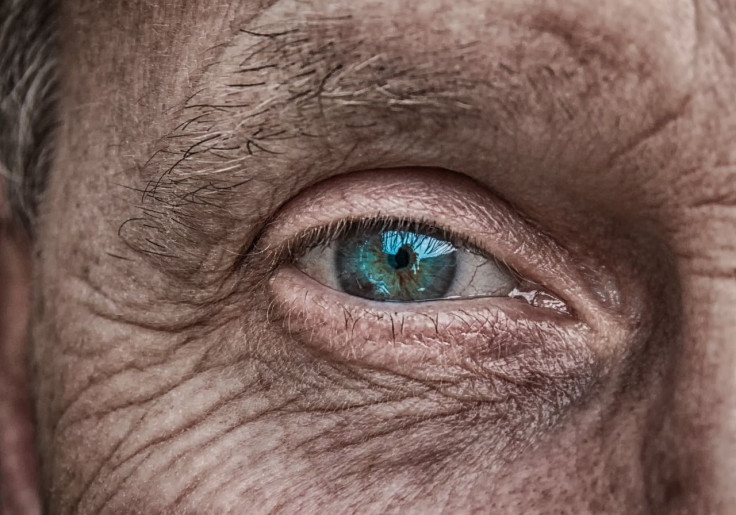Coronavirus Collateral Damage: Doctors See Rising Numbers Of Patients Suffering From Cataracts, Glaucoma

KEY POINTS
- Many specialized medical fields saw a huge drop in patient visits during the lockdown
- When ophthalmology offices opened, doctors saw serious eye problems
- More patients emerged with either cataract or glaucoma
Eye patients may also need to bear the brunt brought about by the coronavirus pandemic as ophthalmologists observed that the lack of eye care during lockdown has resulted in an increased number of patients with either cataract or glaucoma.
Dr. Ruth Williams, a specialist in glaucoma at the Wheaton Eye Clinic located in the suburbs of Chicago, and also a clinical spokesperson for the American Academy of Ophthalmology, noted that when her clinic reopened after lockdown measures were lifted, many people developed serious eye problems.
Eye specialization was not the only one that noticed a drop in patient visits during the pandemic. Similar observations were made across many medical fields, as per US News & World Reports.
One of the reasons was that nonessential visits to medical specialists as well as medical procedures in the same tenor were curbed. Aside from this limitation, many patients feared to visit their doctors due to the fear that it could accidentally lead to an infection.
Early in the pandemic, data and anecdotal reports showed that the number of hospitalizations for serious health problems like that of a heart attack and stroke dropped drastically.
The Effect In Eye Patients
As early as the first few weeks of April, the field of ophthalmology already saw a huge drop in patient visits. Data from The Commonwealth Fund showed that eye doctors experienced the highest drop among other specialty fields at a staggering rate of 80%.
Strata Decision, a cloud-based analytics platform, carried out a separate analysis, and based on their data, doctor-visits of cataract patients dropped by 97% as compared to the same period (two weeks in March and April) in 2019. For glaucoma, there was a drop of 88%.
Dr. Kenneth Neufeld, an oculoplastic surgeon at the Thomas Eye Group in Atlanta, stated that while the choice to skip or delay treatment for eye problems hardly leads to a life-threatening situation, such a decision can still lead to permanent damage in vision, even blindness.
During the pandemic, there were eye doctors who still saw patients for urgent treatments. However many of them closed their offices to routine care.
Dr. Timothy Murray, president of the American Society of Retina Specialists, an ocular oncologist and retina specialist in Miami, said that the delay in treatment-experienced by eye patients greatly impacted their vision. He also added that eye scans, which he referred to as OCTs, showed that the longer that treatment gets delayed, the worse that the clarity of vision gets.
© Copyright IBTimes 2025. All rights reserved.





















